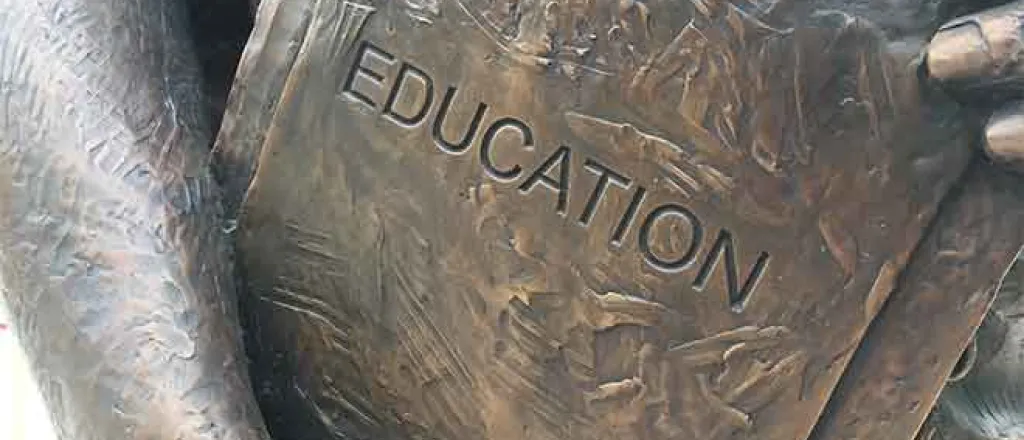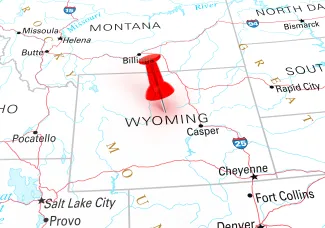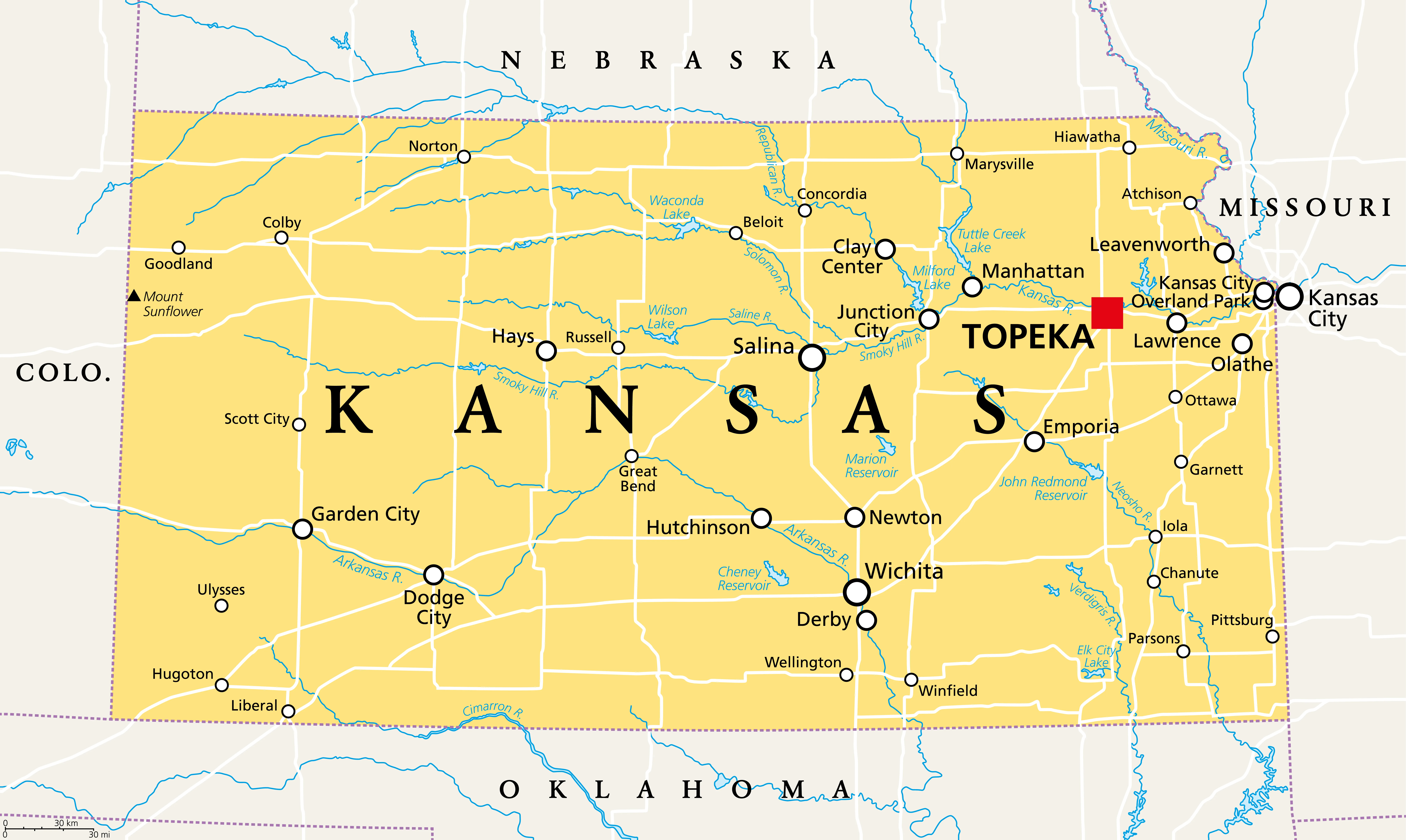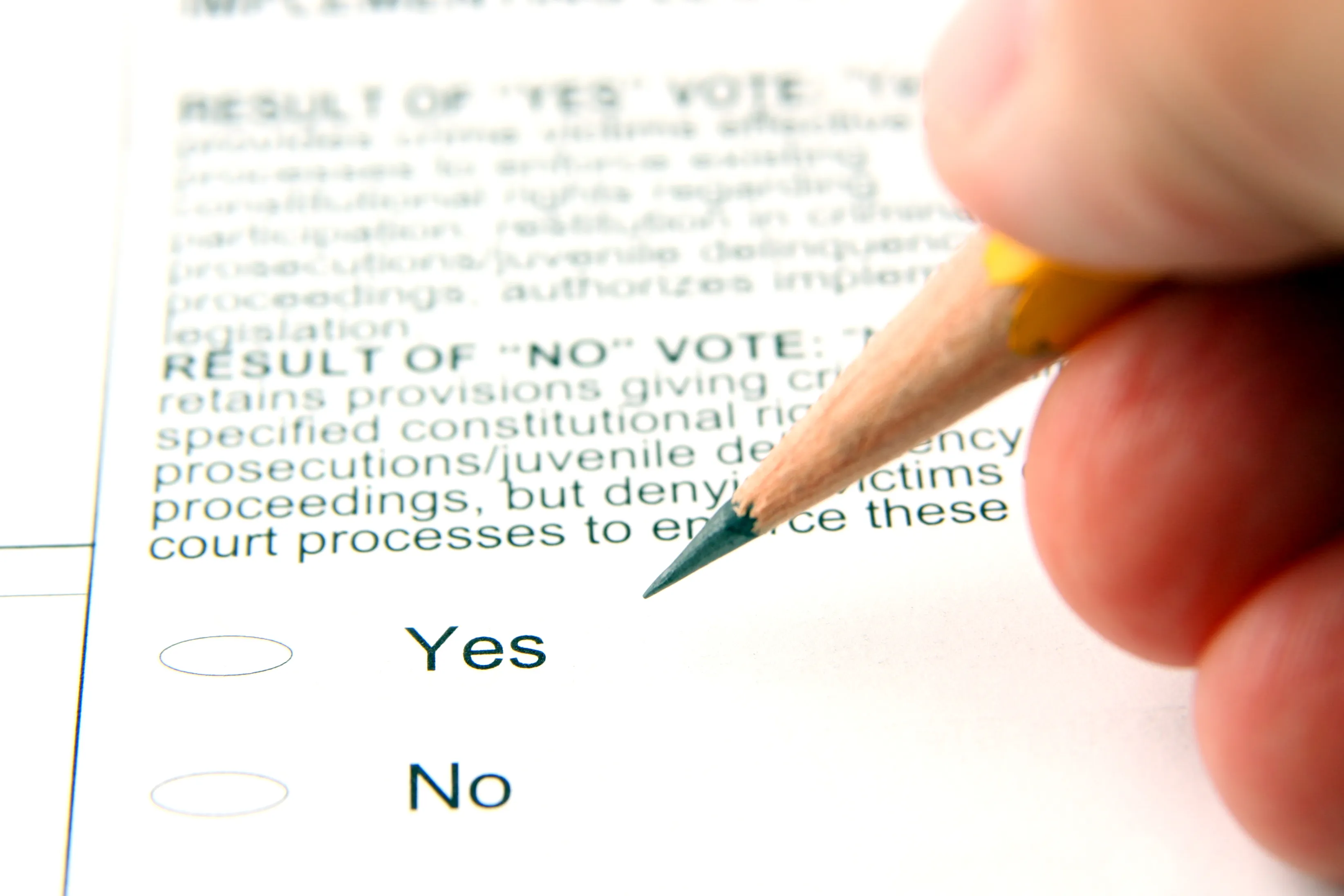
Some Wyoming school board elections echoed national politics
Click play to listen to this article.
(Wyoming News Service) School boards are nonpartisan, but a recent trend in Wyoming shows far-right candidates are bringing national politics to local elections. Public school advocates want the focus of school boards to stay on students. Some Wyoming counties with school board races in the recent election saw campaign materials closely aligned with national politics, including slogans such as "Make Education Great Again," according to reporting from the Powell Tribune.
Brian Farmer, executive director of the Wyoming School Boards Association, said school boards have been around since the 1650s and are meant to create and fulfill a vision for a school system.

"School boards really are about communities taking ownership of their public schools," he explained. "Oftentimes, people say "we need parent voices," "we need voices of business," "we need taxpayer voices." Those are all of the voices that tend to be represented on school boards."
In 2021, a Wyoming lawmaker wrote a bill that would have required school board candidates to have a party affiliation on the ballot. The bill was not introduced. Farmer said he has seen more political action committees supporting candidates, groups of candidates running in alliance and local parties endorsing those slates of candidates.
The Wyoming Family Alliance got involved in elections this year. More than one-third of the questions on its candidate questionnaire were about gender, sex-ed or pregnancy.
Nate Martin, executive director of Better Wyoming, said this group and others have an ulterior motive.
"A lot of these groups are explicitly invested in tearing down public education and replacing it with more of a charter or voucher private-school, religious-school model," Farmer contended.
Martin added that most people in Wyoming "think that their local school boards are good."
He said candidates associated with these groups made fewer strides in the 2024 election than in 2022, and thinks communities are returning to "local conversations."
"When we get caught up in the adult issues, that's where we tend to have the problem. If we can simplify things to doing what's best for kids, then school board governance becomes a lot easier," he continued.
















